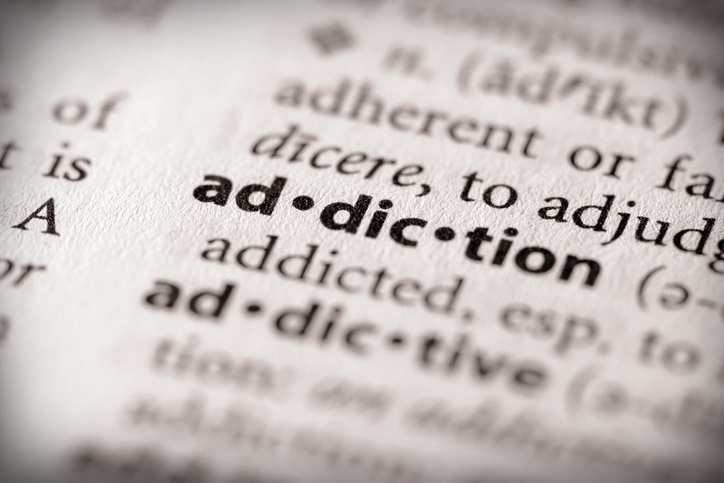Opioid Epidemic
The 4 C’s of Addiction

Addiction is a chronic dysfunction that involves the reward, motivation and memory systems in the brain. To separate addiction from other neurological disorders, experts say that four factors must be present. These four factors, compulsion, craving, consequences and control, are unique to addiction alone and are classified as the 4 C's.
The behaviors of most addicts are very similar. This is why the 4 C's of addiction apply to any type of addiction including, but not limited to, drugs, alcohol, gambling, video games, sex and caffeine.
1. Compulsion
Compulsion means that an individual has an absolute and overpowering urge to fuel their addiction. The behavior may start impulsively, but as the addiction grows, it becomes a compulsive habit. By not partaking in the habit, agonizing anxiety occurs, affecting all other behaviors.
2. Craving
The urge to fuel the addiction becomes as demanding as hunger pain, mimicking a physical need. It feels like it is vital for survival. This urge often manifests as restlessness, insomnia and lack of appetite.
3. Consequences
Even when negative consequences become apparent, the behavior continues. Consequences of addiction include relationship, work, legal and money problems.
4. Control
Control of when or how the individual fuels their addiction is lost. Oftentimes, in the early stages of addiction, an individual will try to cut down or eliminate the behavior. This is impossible when the lack of control stage of addiction is reached.
The 4 C's model is a simple approach to determine if someone is dealing with an addiction. If an individual is experiencing the 4 C's of addiction, it is important to consult a health care professional who specializes in the field of addiction for an assessment.

















